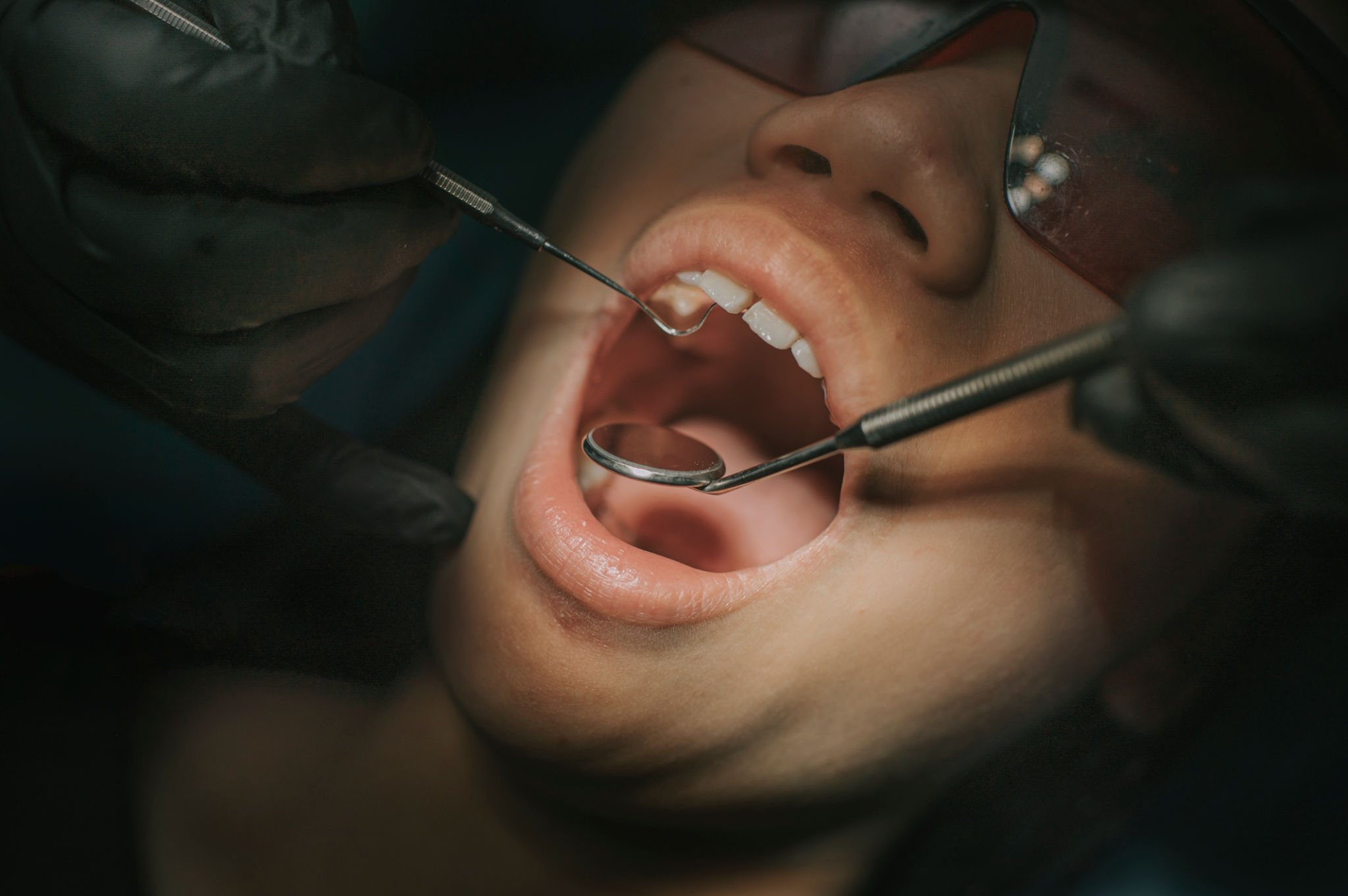Top Signs Your Dental Equipment Needs Immediate Repair
Maintaining your dental equipment in optimal condition is crucial for the efficiency and safety of your practice. Regular maintenance is key, but sometimes, repairs become necessary to ensure everything runs smoothly. Here are some top signs that your dental equipment might need immediate repair.
Unusual Noises
If your dental equipment starts making strange or loud noises, it might be a sign of underlying issues. Equipment like dental handpieces or suction devices should operate quietly. Any grinding, squeaking, or rattling sounds could indicate wear and tear or mechanical problems that need attention.
Ignoring these noises can lead to further damage, potentially resulting in costly repairs or even equipment replacement. It's essential to address these issues as soon as they arise to prevent downtime in your practice.

Inconsistent Performance
Another red flag is inconsistent performance. If you notice that your equipment is not functioning as it used to, it might be time for a check-up. For instance, if your X-ray machine takes longer to capture images or your autoclave doesn’t reach the necessary temperature, immediate repair is advisable.
Inconsistencies in performance can affect the quality of care you provide to your patients, potentially compromising their safety and your practice's reputation.
Frequent Breakdowns
Frequent breakdowns are a clear indicator that your equipment is on its last legs. If you find yourself calling for repairs more often than usual, it may be time to consider a more comprehensive fix or even replacing the equipment altogether.

Visible Wear and Tear
Visible wear and tear such as frayed wires, cracked surfaces, or rust are signs that your equipment needs attention. These issues can affect the functionality of the equipment and pose safety risks to both your staff and patients.
Regular inspections can help you identify these issues early, allowing you to take corrective action before they escalate into more significant problems.
Leaks or Drips
Leaks or drips from dental equipment, such as water lines or handpieces, are not just inconvenient but can also be hazardous. Moisture can lead to bacterial growth, posing a risk of infection. Address leaks promptly to maintain hygiene standards and prevent further damage to your equipment.

Unresponsive Controls
If the controls on your equipment are unresponsive or sluggish, it may indicate electrical or software issues. Equipment should respond promptly to inputs to ensure smooth operation during procedures. Any delay or lack of response can disrupt your workflow and affect patient care.
Consulting with a professional technician for a thorough diagnosis can help pinpoint the issue and determine whether a simple repair or a more extensive overhaul is necessary.
Outdated Technology
Sometimes, the need for repair is a sign that your equipment is simply outdated. Older technology may not support the latest procedures or safety standards. Upgrading to newer, more efficient models can enhance your practice's capabilities and improve patient outcomes.
Staying informed about the latest advancements in dental technology can help you decide when it's time to update your equipment.

In conclusion, keeping an eye out for these signs can save you from costly repairs and ensure that your dental practice runs smoothly. Regular maintenance and prompt repairs will not only prolong the lifespan of your equipment but also enhance the quality of care you provide. Always consult with a professional technician to address any concerns you may have about your dental equipment.
